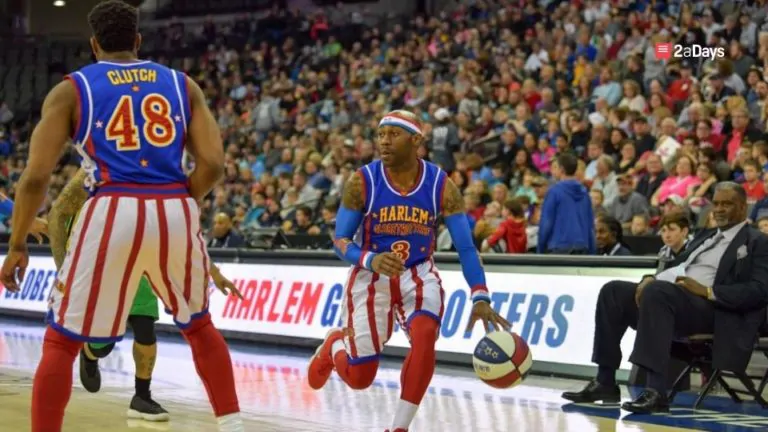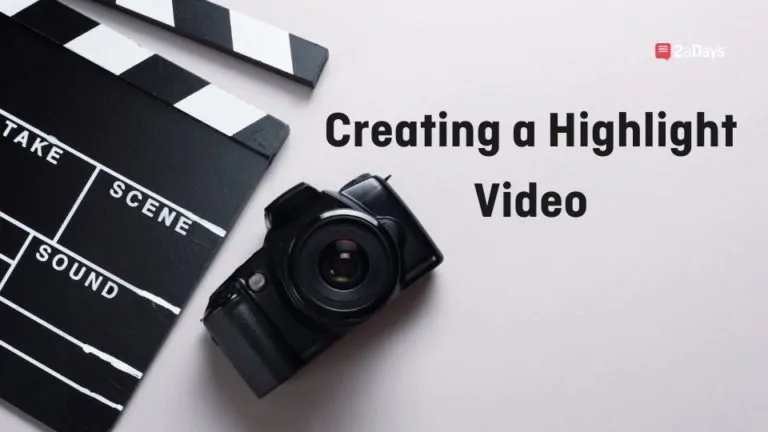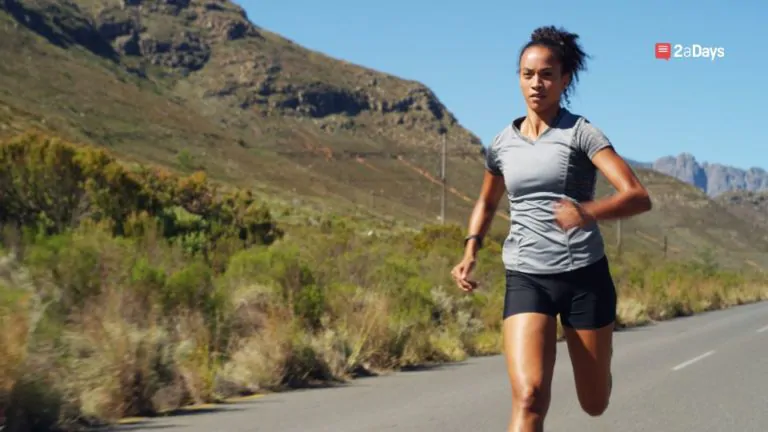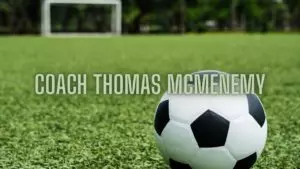You may have heard the term “sport science” from the ESPN show, or perhaps heard it mentioned in a recruiting pitch. Sport science is spreading across U.S. college athletics, and is a promising area of growth for advanced levels of sport. Not a new phenomenon, many national sport organizations began applying scientific principles to sport around the 1960s to enhance their best athletes' performance. The U.S. Olympic Committee jumped on board in the 1980s, and many high-level sport organizations have followed suit—including professional sport teams. But what does all this mean to you, the athlete?
What is Sport Science?
Sport science may be loosely defined as the study of sport, and findings from this field can be applied at the team level, when specialty services are provided. Sport science is considered an interdisciplinary field—meaning lots of specialty areas contribute to it (physiology, psychology, skill acquisition, biomechanics, etc.). Specialists who work in sport science roles are usually highly educated, having obtained doctorates (or at least master's degrees) in their area of expertise–these folks call themselves sport scientists. Along with their interest in academic specialty areas, they have maintained a passion for sport and seek ways to apply their knowledge to training and performance so they can help coaches and athletes do what they do better.
“Sport science is up there as [the] number one or number two priority in my communications with potential student athletes.”
ETSU Head Men's Soccer Coach, David Lilly
How Does Sport Science Work?
Much of sport science work involves athlete monitoring, which is interacting with athletes and linking information about the athlete–such as fatigue or soreness levels, hydration testing, or the amount of sleep they had last night–with training processes that coaches put together, so coaches can seek to align where the athlete is now with training goals. Guided by a sport scientist, technology such as GPS helps coaches to make better decisions, which can do a lot to enhance the coach-athlete relationship, guide athlete development, optimize performance, and reduce injury risk.
Related: Arielle Sanders: Having an Injury as a College Athlete
I paid a visit to the East Tennessee State University men's soccer team, seeking some perspective on how the sport science applied there affects the recruiting process. Arguably the hub of sport science in the United States, ETSU is unique because it is the only U.S. university to achieve successful long-term integration of a sport physiology graduate program with an athletic department. Established in 2006 by Dr. Mike Stone and Coach Meg Stone, the program has become a training ground for many sport physiologists and coaches and many graduates now work in high level sport. Sport scientists have worked with ETSU soccer for over a decade, in the laboratory and on the field, with specialists helping athletes and coaches within the framework of a sport performance enhancement group. Along with helping connect athletes and coaches, this work has led to a substantial amount of knowledge development, including multiple doctoral dissertations and dozens of academic publications in the area.
How Does Sport Science Impact Recruiting?
ETSU's head men's soccer coach David Lilly is well aware of the resources at his disposal. When I asked him what weight he places on sport science support in his recruiting process, he said: “Quite a bit…sport science is up there as [the] number one or number two priority in my communications with potential student athletes.” There's a good reason Coach Lilly prioritizes these resources in recruiting visits–it's full service at ETSU and Lily wants athletes to know. “Not only do we have access to the technology,” Lilly said, “but we have people trained to interpret the information it provides. Some places have the money for equipment, but not the skill to decipher the information [beyond the basics]. People in the [sport science] program are really important.”
Related: Rate your Coaches, Facilities, and Campus Visits
Coach Lilly deliberately includes a sport science lab tour in his recruiting visits so athletes can get an idea of what they'll be exposed to during their time there. “We're here to develop players,” Lilly added. “This happens technically, tactically, physically, mentally… Sport science resources help develop athlete buy-in and trust.” Lilly recounted the trajectory of his own athletic career was affected by limited access to resources as a professional soccer player in the United Soccer Leagues First Division (USL-1), a feeder league for Major League Soccer. First immersed in sport science as an assistant coach at ETSU in 2010, he immediately saw great value in the additional resources.
Who is Behind it All at the Campus Level?
The sport science workhorse for the Buccaneers men's soccer team is sport scientist/strength and conditioning coach Emmanuel Espinoza, a doctoral student in the sport physiology program. As I watched him work at practice, Espinoza stared at the practice field from the sideline with a watchful eye, encouraging players on the field and trading brief comments with players as they came off the field to maintain rapport. Under the guidance of his faculty mentors, Espinoza collects GPS, player perceived exertion of how hard the session was, and wellness survey data from each training session, and provides reports for Coach Lilly. “[Espinoza] is amazing. We trust him fully,” Lilly said, adding: “He provides the information so there's less guessing. To be able to minimize injuries and have a full complement of players is a luxury.”
How Do the Athletes Feel About it?
Junior soccer player Gabriel Ramos was eager to share his appreciation for the support he now receives after transferring from another Division-1 university that lacked sport science resources. Ramos struggled with shin splints earlier in his career from what he believed was an excessive training volume, so he decided to transfer to ETSU, in part because of the national recognition the sport science program had earned. Now after several years there, Ramos is confident that his training volume is managed well. “Because of the reports, coaches can see player status without asking us, and they adjust our practices due to feedback from GPS, [exertion reports], and wellness [surveys],” Ramos said, pointing out that this doesn't always mean less work. A common practice in professional soccer overseas is to “top up” training for players who didn't play much in a game or get as many reps in practice by prescribing extra running or drills to meet targets the coaching staff has set. This is done to retain fitness in-season and normalize training across the team–large spikes or troughs in training load are thought to increase injury risk.
“You can't calculate that well without sport science resources,” Ramos explained.
Related: Top 11 Fitness Trackers for College Athletes
Junior Tarik Pannholzer echoed support for the process at ETSU. Due to the dense competitive schedule in collegiate soccer, athletes often play 2 games a week, sometimes 4 games in 12 days. Pannholzer explained, “If you get injured your play is limited for a few weeks, and you miss a lot of the season.” He also echoed Ramos's appreciation of the transparency the sport science-guided approach offers, and observed that his relationship with the coaching and sport science staff feels like more than a business relationship because the staff supports them after hours. He feels he's been able to get much stronger and prevent injuries because the team has their own strength and conditioning coach/sport scientist, which factored into his decision when choosing to attend ETSU. While academics were half the equation, the other half was soccer and related resources, which he described as “Top-notch in the state.” In comparison, Ramos placed academics, soccer, and support resources in equal thirds in his decision to transfer to ETSU.
When I asked what guidance they would have for high school students in the recruitment process or current college athletes interested in transferring to another university, both players highlighted the importance of sport science support. Ramos noted that there is a big step in athleticism from high school to college, so he urged incoming athletes to take advantage of strength and conditioning and sport science resources as soon as possible. “You're an 18 year old playing against a 22-year old,” he said. “This impacts your on-field experience, because if you're better prepared, you'll see more minutes.”
After talking to the athletes and head coach at ETSU, it was pretty clear the sport science resources were a central element of the soccer program, and featured heavily in recruiting. While this approach isn't acclaimed by everyone or featured in every sport yet, it is now prevalent in professional soccer leagues internationally. It will be interesting to see how the spread continues across the college landscape.
Have an idea for a story or a question you need answered? Want to set up an interview with us? Email us at [email protected]
* Originally published on October 5, 2022, by Ben Gleason







